
Maria Temming
Assistant Managing Editor, Science News Explores
Maria Temming is the Assistant Managing Editor at Science News Explores. Maria has undergraduate degrees in physics and English from Elon University and a master's degree in science writing from MIT. She has written for Scientific American, Sky & Telescope and NOVA Next. She’s also a former staff writer at Science News.

All Stories by Maria Temming
-
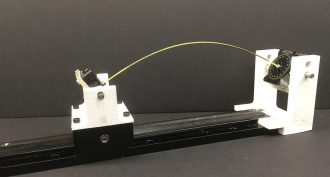 Physics
PhysicsThe perfect spaghetti snap starts with a twist
A spaghetti-snapping machine helped scientists find the secret to cleanly breaking pasta in half: First, give it a twist.
-
 Tech
TechScientists enlist computers to hunt down fake news
Who can you trust? What can you believe? Scrolling through a news feed can make it hard to decide what’s real from what’s not. Computers, however, tend to do better.
-
 Computing
ComputingComputers can now make fool-the-eye fake videos
Hackers can now use computers to move facial expressions (and more) from someone in one video to a person in another. The results look totally real, ushering in a whole new type of fakery.
-
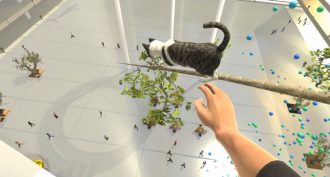 Psychology
PsychologyAre you scared of heights? Virtual reality could help
Virtual reality may help people battle a real-world fear of heights.
-
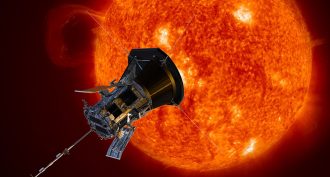 Space
SpaceThe Parker Solar Probe aims to touch the sun
The Parker Solar Probe is about to make a historic voyage to the sun.
-
 Tech
TechGetting road-trip ready, and no driver needed
Most self-driving cars are city drivers. This one’s made for the open road.
-
 Computing
ComputingIncognito browsing is not as private as most people think
You may think you’re going deep undercover when you set your web browser to incognito. But you’d likely be mistaken, a new study finds.
-
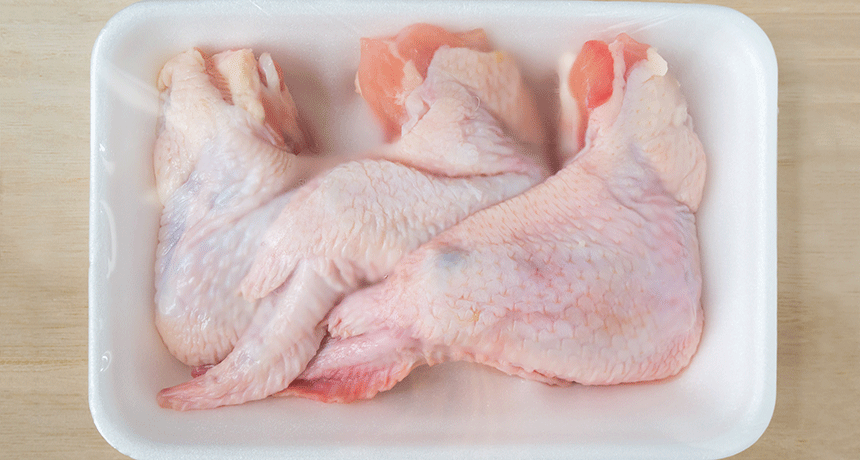 Tech
TechBad food? New sensors will show with a glow
Sensors that glow around dangerous germs could be built into packaging to warn people of tainted foods.
-
 Tech
TechWebsites often don’t disclose who can have your data
Privacy policies don’t reveal much about how websites share a user’s data.
-
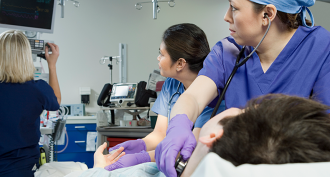 Materials Science
Materials ScienceLight could make some hospital surfaces deadly to germs
A new surfacing material can disinfect itself. Room lighting turns on this germ-killing property, which could make the material attractive to hospitals.
-
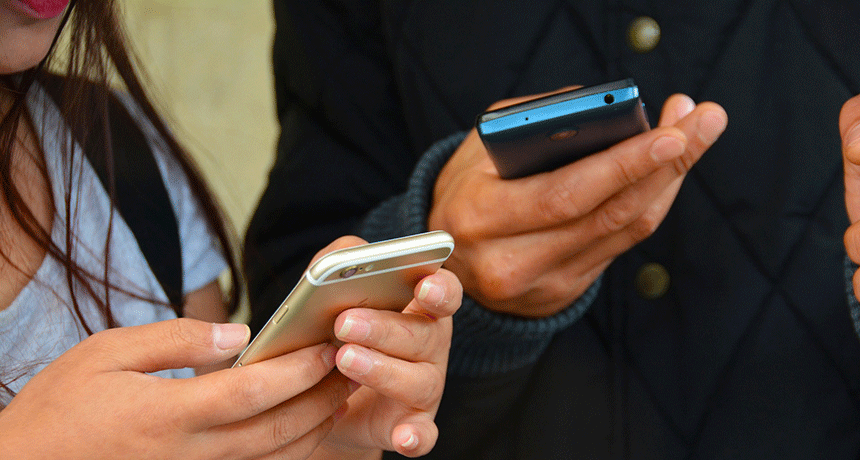 Science & Society
Science & SocietyOn Twitter, fake news has greater allure than truth does
In the Twittersphere, fake news gets more views than real stories, based on an analysis of more than 4.5 million tweets.
-
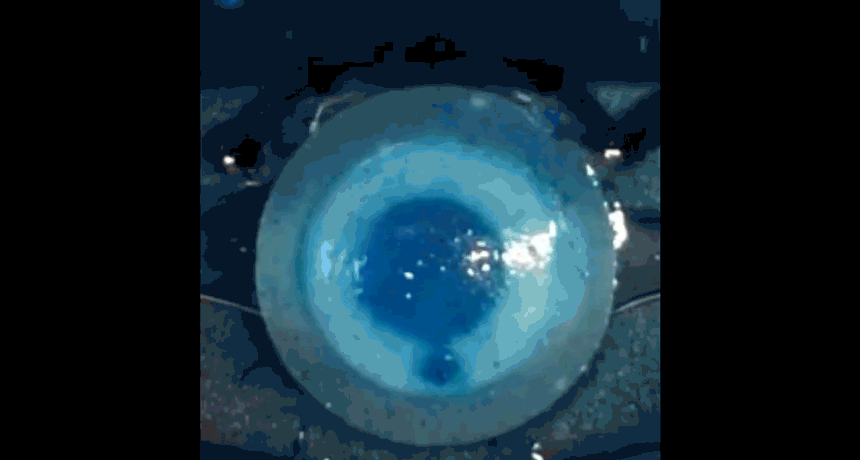 Tech
TechHuman cells form the basis of this artificial eye
Real or fake — you be the judge. Human cells were used to create this test bed for studying both the eye and eye-disease therapies.